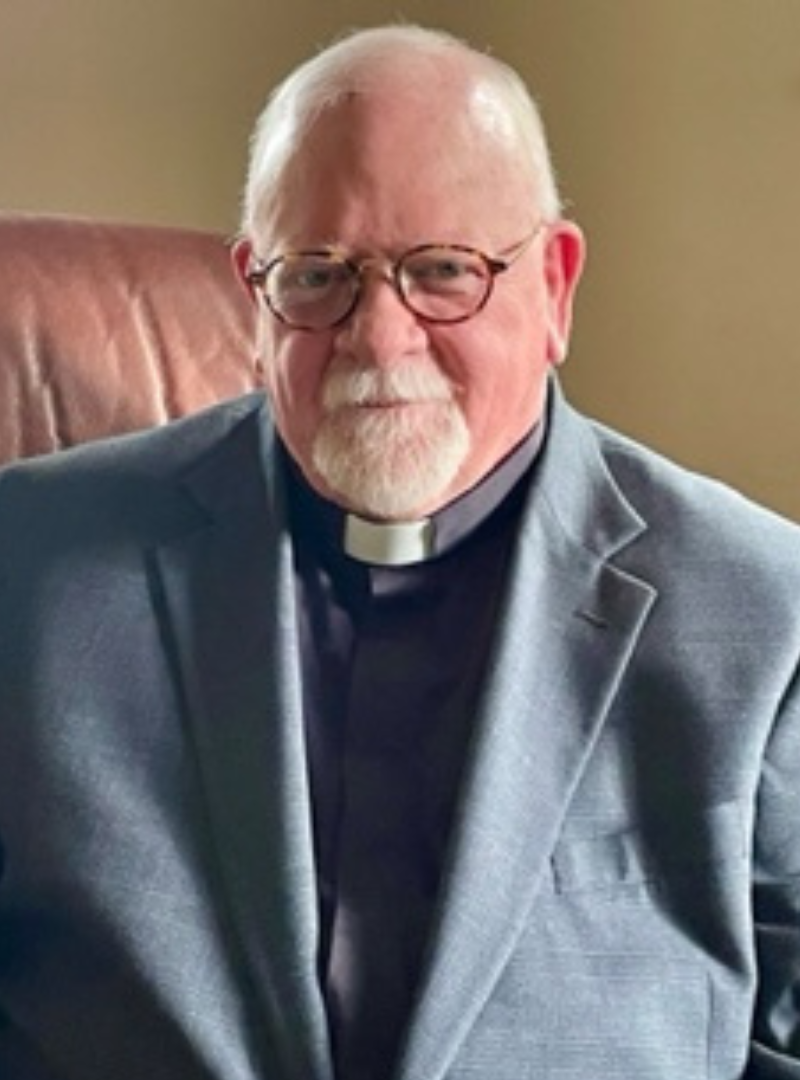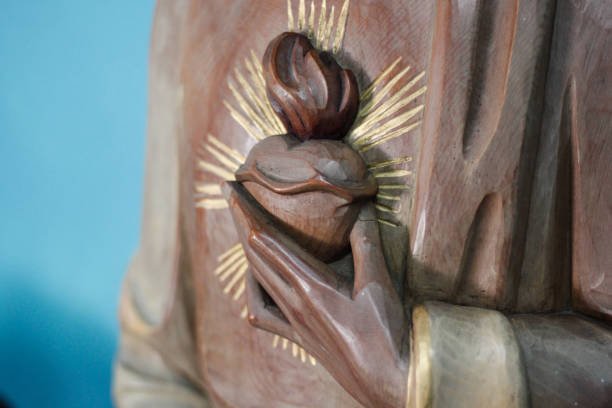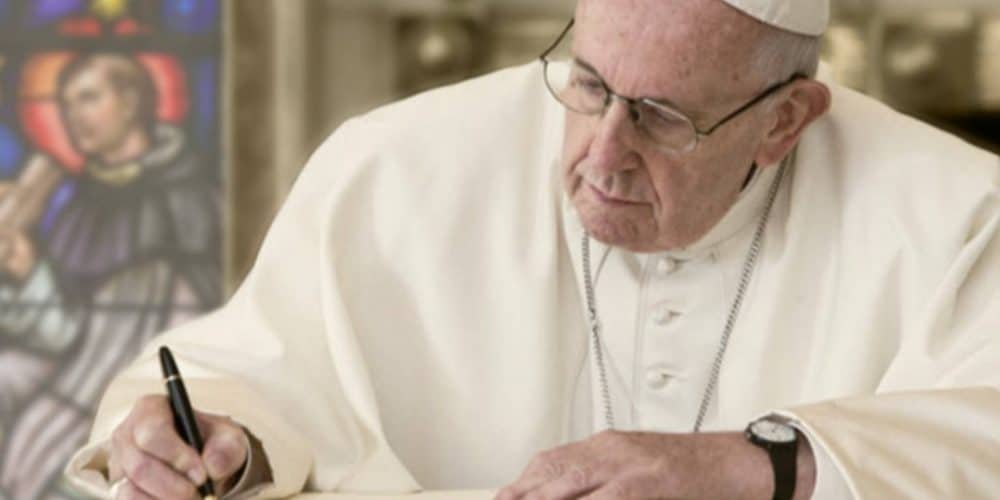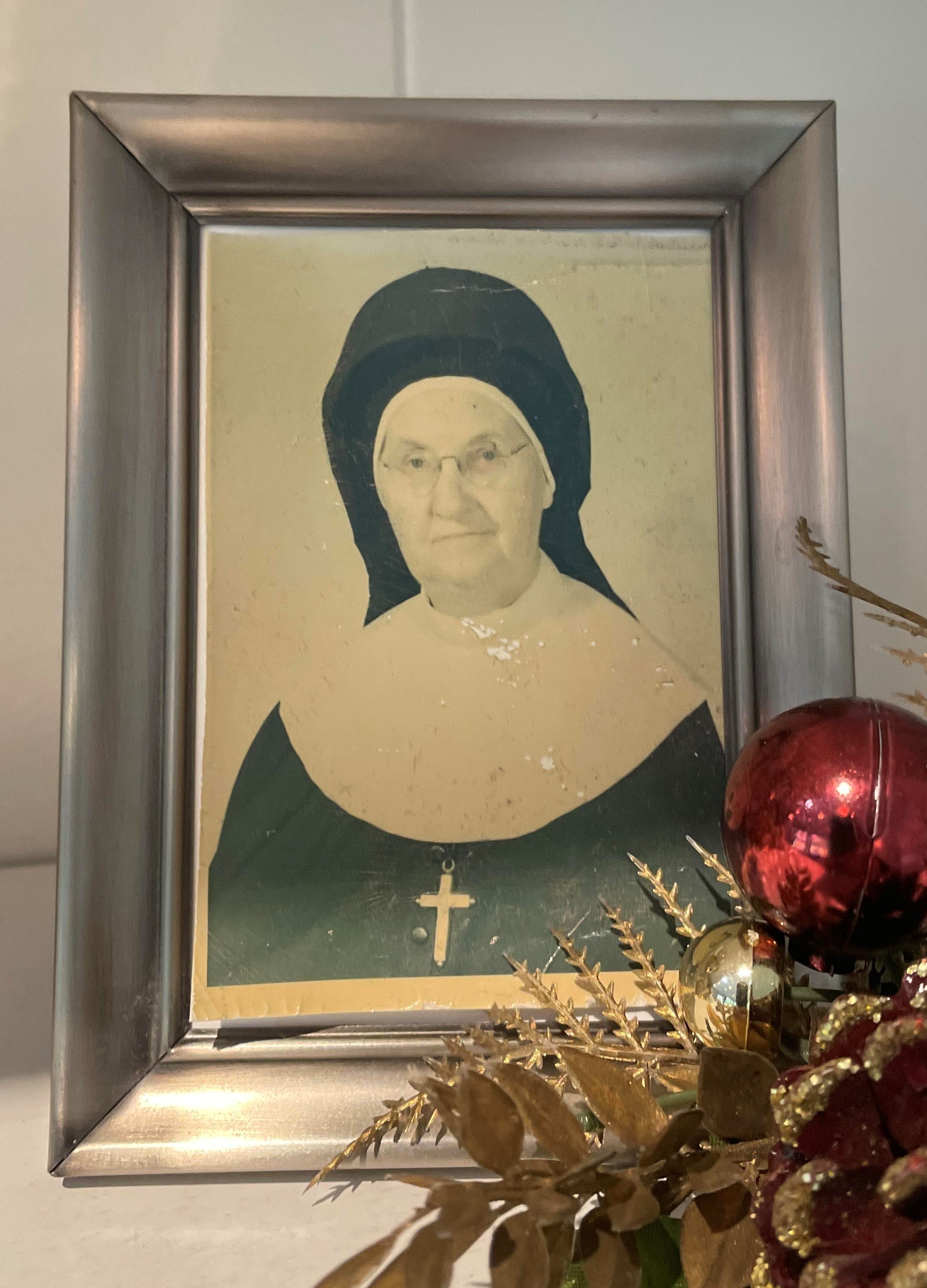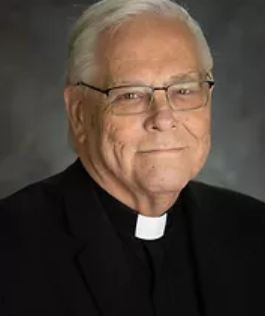As you have probably noticed lately, we have been making a big to-do about the release of an Apostolic Letter, Totum Amoris Est, issued by Pope Francis on the 400th anniversary of the death of Saint Francis de Sales. At this point, you might be asking yourself: “Why are the Oblates so excited? Why are they making such a big deal about this?” I will provide you with an honest answer. While Francis de Sales is a highly quoted, beloved and a brilliant, yet relatable Doctor of the Church, he doesn’t get the same kind of attention some of the other giants do, saints like Augustine, Thomas Aquinas and Francis of Assisi. Honestly, we are okay with that. Those are all great saints, ones that Francis de Sales himself happened to love but when our saint gets his moment, we seize it.
We seize it because of our mission to share this spirituality and this moment provides us with a special opportunity to do just that. We share that spirituality because it has changed the world, the Church and each of us Oblates. It has made us much more keenly aware of the Love of God. It has given us a simple, yet clear path to say “yes” to Him. It’s something that we want to share because we want you to experience the presence of God in your life. Francis de Sales is not the reason that God’s love is accessible. He has shown us in “his method” how accessible God’s love has always been. As Pope Francis wrote: “It was a method that renounced all harshness and respected completely the dignity and gifts of the devout soul.”
The devout soul has its own personal relationship with God, one that calls for our “yes.” As the Holy Father reflects on the teaching of Francis de Sales, he writes: “It is up to us to take flight or to remain on the ground. Even as he bestows his grace, God would not have us rise without our consent.” So as Francis tells us in the Treatise on the Love of God, we have a choice to follow the lead of God’s inspirations or to reject them. In the words of Pope Francis: “Each person is responsible for cooperating with his or her own fulfillment, with spreading his or her wings with confident trust before the gust of God’s wind.”
To spread our wings with confident trust means that we know that God’s wind will lift us, that we will soar. Sometimes we have a hard time trusting that this will happen. We grow in that trust, we live in that trust with what Francis de Sales calls devotion. The Pope tells us that devotion from a Salesian perspective is something very real and practical, “…a style of life, a way of living immersed in our concrete daily existence” that “embraces and discovers meaning in the little things.”
Why do the little things matter? Sometimes we might be tempted to say that even if they did in the past, the world is too askew now for any change to come from them. We are tempted to give up, to think that our little actions in no way matter.
Pope Francis reminds us why they do. He does it by highlighting how much the world changed in the time of Saint Francis de Sales. As a young man, de Sales went to Paris and found a place and a people devastated by the Wars of Religion. When he returned many years later, he found as the Pope calls it “[a] whole world athirst for God.” “…[H]e sensed an authentic ‘epochal shift’ that demanded a response.” What is fascinating is that the dear saint had an epochal shift himself, from interior spiritual torment in his youth to interior peace. He encountered Jesus Christ which led him to proclaim in the Treatise that “Nothing sways the heart as much as love.”
Thus, why Francis de Sales can speak to us…He does so with authenticity. He found his peace through what Pope Francis calls a “steady cultivation of lived experience.” He did this in the same way the saint encourages us to do even now, to cultivate an interior life, an interior peace that “does not separate us from the world but teaches us how to live in it and appreciate it.”
As Francis de Sales came to know and love God in a powerful way, he surrendered to the Lord. He spread his wings, and the wind of God sent him soaring. That love, that peace that he sought so desperately as a young man, he found in his daily encounters with the Lord, in quiet prayer, in little actions, in friendship and in charity. Pope Francis emphasizes a fundamental Salesian teaching: devotion and charity cannot be separated. Francis de Sales showed how making loving God his way of life led to his love of others. “Today he bids us set aside undue concern for ourselves, for our structures and what society thinks about us, and consider instead the real spiritual needs and expectations of our people.”
If we embrace and discover meaning in the little things, we will realize how they make a major difference. Our dear saint learned that in his own life. He spread his wings with a confident trust and God lifted him to soar. We can do the same and the amazing thing, the almost unbelievable thing, is that the accumulation of little acts of devotion and charity transform the world. We have spent our lives seeking to pass that simple message on to you. Now, we are hoping that through the authenticity of your own life, you might continue to pass this on as well. Just remember, though, it will come in the way you authentically witness, how in the simple, daily ways you show the epochal shift, how the soaring comes in spreading your wings every day and allowing God’s wind to take you where you need to be and to the people you are called to encounter.





